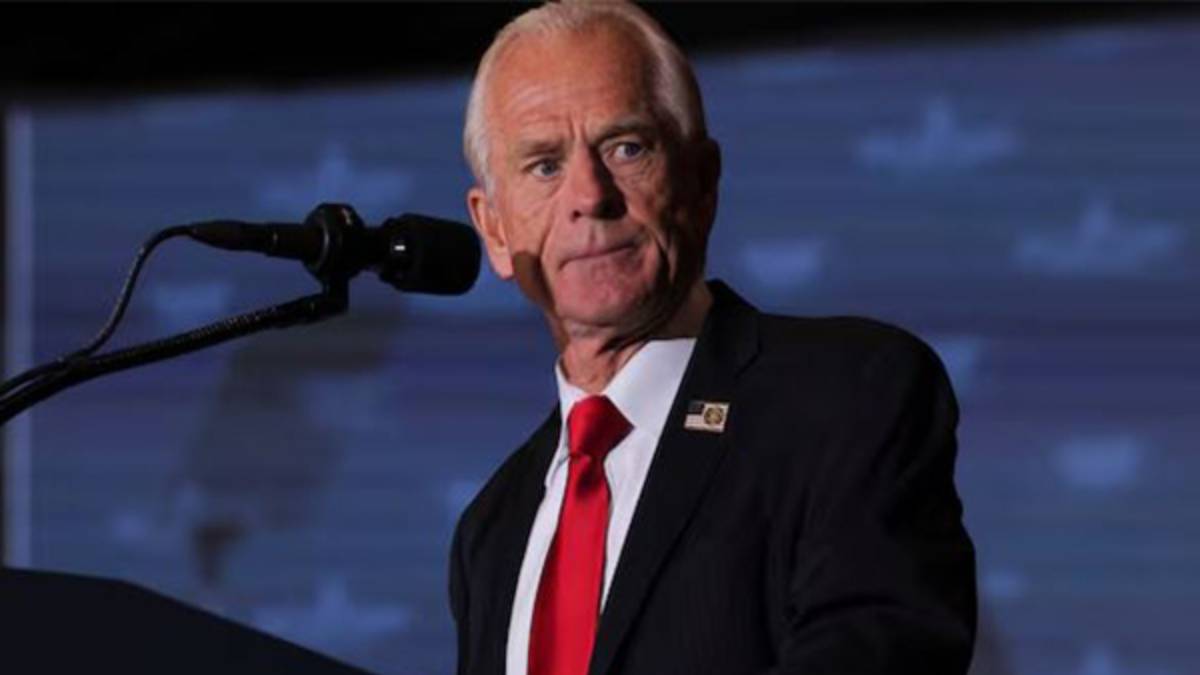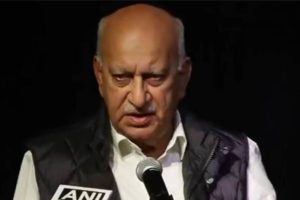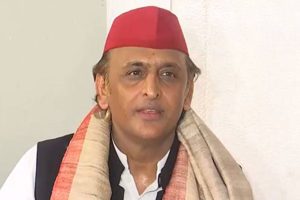The White House has defended its decision to impose 50 per cent tariffs on goods from India and China, with Trade Adviser Peter Navarro stating that while the tariff levels are similar, the motivations behind them are “vastly different.”
Speaking to reporters on Thursday, Navarro said the U.S. is being careful not to damage its own economy while pressuring China. “As the boss says, let’s see what happens… we already have over 50 per cent tariffs on China. But we don’t want to get to a point where we actually hurt ourselves,” Navarro told reporters, as quoted by C-SPAN.
He clarified that the tariffs on India, which were hiked to 50 per cent, stem from a national security concern linked to India’s continued oil imports from Russia, despite U.S. requests to halt them.
“The rationale for the Indian tariffs is very different. This is a pure national security issue. India’s refusal to stop buying Russian oil is directly helping fund the Ukraine conflict,” Navarro said.
Further criticising India’s trade policies, Navarro labelled the country the “maharaja of tariffs,” accusing it of imposing some of the highest tariffs and non-tariff barriers on American goods globally. “It’s an unfair trade environment. We send a lot of dollars to India, but we can’t get our products in,” he remarked.
He argued that the American dollars spent on Indian imports are indirectly financing Russia’s military, via India’s oil purchases. “That money eventually supports Russian armaments used against Ukraine. Then American taxpayers have to fund Ukraine’s defense — a full circle that’s unsustainable,” he added.
Navarro emphasized that President Donald Trump sees a clear connection between economic and national security, stating, “That math doesn’t work. That’s got to stop.”
However, the move has drawn criticism. Former US National Security Adviser John Bolton warned that the tariff hike could backfire diplomatically, pushing India closer to Russia and China — the very outcome the U.S. seeks to avoid.
Speaking to CNN, Bolton said, “India has reacted very negatively to these tariffs, particularly since China appears to be treated more leniently. This could undo decades of U.S. efforts to align India away from Russia and China.”
He added that the secondary tariffs aimed at isolating Russia may instead lead India to coordinate with China against the U.S. on trade, undermining American strategic interests in the Indo-Pacific region.





